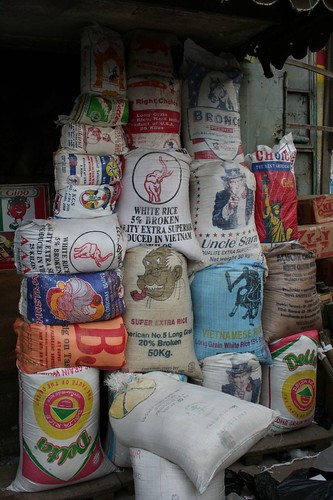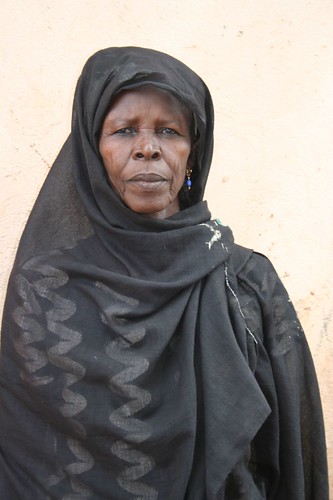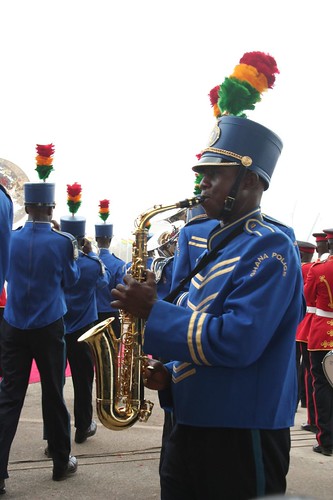YOUR NAME
What do they call Brazil Nuts in Brazil? Nuts. What do you call a file on your computer? “Homework.” But when you email it to my computer and it goes into a file with all your classmates’ and all the students from my other class, it looks like a hot mess. Unless your Professor has given you some other preferred formatting, do yourself and your professor a favor and put your last name in any electronic file submissions and put your name on the first page of any paper you turn in, electronic or otherwise.
GET A STAPLER
Seriously, get a stapler. Staple every paper you submit in hardcopy. Put your name on every page, and then staple them. That three dollar investment is nothing on top of the tuition you are paying to attend university. When your professor receives unstapled pages in a giant pile of papers she has to grade, it makes things difficult on your professor. And heaven forbid your professor stumble while carrying that pile back to the office and your brilliant pages get comingled with the drivel that other dope in your class wrote. You wouldn’t want that.
USE STANDARD FORMATTING
Use standard formatting, no excuses. We know that the standard setting on Microsoft Word is Times New Roman, double-spaced with font size 12 and one or one and a half inch margins all around. Use standard half-inch indents to start each new paragraph, and no extra spaces between paragraphs. We read student papers for a living and most of us have seen thousands, so we can recognize immediately when you have turned in a paper that is 2.5 line spacing in Optima font size 13 with 1.45 margins. We can. Just trust me. It is annoying. It makes flagrantly obvious that you were unable to supply enough meaningful content and instead spent time trying to decorate your way around the problem.
LIMIT DIRECT QUOTES
As a general rule of thumb, direct quotes should never be more than 10-15% of your content. You are writing and creating content that reflects your own mastery and understanding. You are not curating a set of well-chosen quotes, like museum pieces hanging with nothing but vague white walls in between. Your mind and your understanding are supposed to be the meaty content, the vibrant colors, the art. Do not ever relegate yourself to being only the white walls between someone else’s work.
MASTER YOUR MECHANICS
I know it doesn’t sound glorious, but bad writing mechanics can distract a reader from your good ideas, or in some cases can confuse and muddle those ideas. Conversely, good mechanics immediately signal to your reader that you are a careful and experienced writer. Mastering mechanics is low-hanging fruit, requiring a little brute effort to learn. Figure out how to punctuate sentences, when commas are needed, and how to use a semicolon or colon appropriately. Master an official citation style, including where to put the parentheses, how to punctuate around them, and how to format both the parenthetical citation and bibliographic reference. It will require a little bit of up front investment and hard work, but it will pay off many times over because you will be able to use it in all your future classes. Better still, once mastered, the mechanics of writing will become easy choices your brain can do on autopilot, freeing up more grey matter for the important task: thinking.
FANCY SOUNDING LANGUAGE DOESN’T SUBSTITUTE FOR GOOD IDEAS
A sow in a silk gown is still a sow. If you are struggling with content or having a hard time understanding and communicating big ideas, that is a sign that you should make an appointment to talk to your professor and try to understand the material better. But don’t try to hide your confusion by “resorting to spectacularly delving into the preponderance of insipid analytics hitherto unimagined and amongst otherwise diminutive evidence, whilst one gesticulates vigorously and verbosely…” you get the picture. Smart ideas in clear, simple language sound even smarter. Vague confusion all dressed up in fancy “sounding” words sounds even more confused.
BE PRECISE. ELMINATE VAGUE.
Whenever possible, select words that have an unambiguous meaning, and which best convey exactly what you mean. For example, instead of “fair,” which has a number of different possible meanings, you might write instead “financial compensation amounts that were equal” (which is only one possible interpretation of fair). Write sentences so that the characters and actions are clear. If you catch yourself writing in ways that obfuscate the characters doing the action, you may ask yourself whether and why you feel uncomfortable denoting a particular character as responsible for the action. If you catch yourself hedging your claims in vague modifiers like “may” “might” “could” or “possibly,” you may ask yourself what makes you feel uncomfortable with the core of the claim, and what evidence you would need to feel more secure in making that statement.
PUT YOUR WRITING ON A DIET
Eliminate words that add little to the content or tone of your writing. In a very real sense, these extraneous words or phrases actually muddle up your writing, making it more difficult for your reader to focus in on the truly important aspects. The point I am trying to make is that extraneous words are like empty calories in your writing. In the final analysis, your writing will be stronger without them.
DEMONSTRATE THAT YOU HAVE READ AND MASTERED THE MATERIAL
If you are assigned a paper in a college class, it is a good bet that at least 9 times out of 10, part of what your professor wants you to accomplish is a solid demonstration that you have read, absorbed, and considered the material that was assigned to you, and the discussions that happened in class. This is usually accomplished through some amount of definitions, summary, and synthesis of the material as part of whatever else the assignment wants to accomplish. You never want your professor to wonder, at the end of your paper, whether you have actually done the reading…Or worse still, to be completely sure you have not. So ask yourself at the end: have I made completely clear that I have read and comprehended all of the material assigned to me that is relevant to this assignment?
HAVE A SPECIFIC, DEBATABLE THESIS
Your paper must have an argument. An argument is a specific, debatable thesis that some reasonable readers might initially disagree with, and that therefore requires supporting evidence. As my friend Dr Christopher Hager says, your thesis cannot be something so vague and self-evident as “In The Scarlet Letter, Nathaniel Hawthorne uses imagery and symbolism to communicate his message” because every author since the dawn of time has done that, if no reasonable person ever would disagree with your thesis, what’s the point of writing an essay to explain it? Indeed, if you are using the term “obviously” in either your thesis or your evidence, you are doing something wrong. Instead, add modifiers and precise language until you arrive at a specific, debatable thesis. Put that thesis in a place your readers can identify it, and then relate the rest of your essay continuously back to the goal of supporting that thesis.






